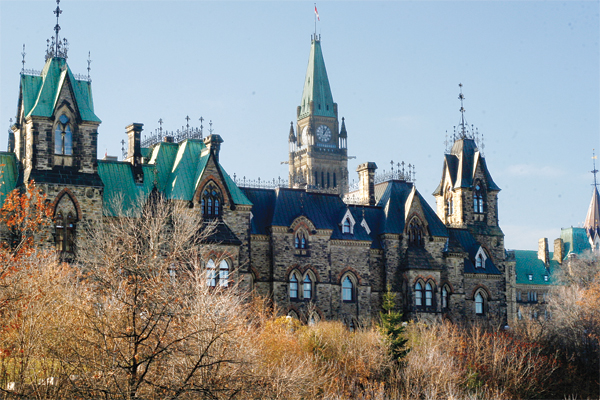Erin Hudson | CUP Quebec Bureau Chief
MONTREAL (CUP)—Reports of collusion and corruption are nothing new for Quebec’s construction industry. What is new, however, is the eroding image of engineers and a mounting questions of whether or not engineers are applying ethical and professional standards in their profession.
The plummeting confidence in the profession can be readily heard from the many Quebecers closely following the Charbonneau Commission, a public inquiry led by Justice France Charbonneau, which is currently hearing testimony about corruption in Montreal’s construction industry.
So far, City of Montreal engineers Gilles Surprenant and Luc Leclerc admitted to accepting numerous gifts along with more than $700,000 and $500,000 respectively in bribes from construction firms in return for turning a blind eye as the firms, in partnership with organized crime, drove up prices for public contacts.
According to Surprenant’s testimony, the system of collusion increased the costs of construction projects in the Montreal area by between 30 to 35 per cent—an increase paid for by taxpayers.
A study published last year found that 65 per cent of Quebecers reported having confidence in engineers compared to 83 per cent in 2007. The decline of that good reputation started before the Charbonneau Commission began broadcasting confessions of corrupt engineers and professionals.
Despite years of rumoured collusion and corruption within the industry, it was only in 2009 that authorities began to consider the allegations seriously.
Provincial police launched Operation Hammer an investigation to discover whether construction firms, allegedly partnered with the Mafia, were colluding to drive-up prices of public contracts.
The same year, the OIQ began receiving over 300 per cent more requests for investigations into misdealings within the industry on grounds of ethical and technical malpractice.
The OIQ established a hotline, 1-877-ÉTHIQUE, to answer questions from engineers and the public about ethical practices, professional expectations and a place to report misconduct or air doubts. OIQ also introduced an integrated plan to assess the state of ethical and professional practices in the Quebec engineering industry and to put in place appropriate training.
A year later, in 2010, the OIQ released a five-year strategic plan addressing a lack public confidence in engineers as its first priority.
The plan details the need for an ethical intervention to encourage the application of ethical and professional standards in the day-to-day actions of engineers.
Currently the OIQ requires engineers to pass a test concerning ethics and professionalism within three years of graduation from an accredited engineering program in order to receive the title of an engineer.
Within engineering programs, the Canadian Engineering Accreditation Board, which establishes the requirements necessary for accreditation, states that courses in many areas such as engineering economics, the impact of technology on society, healthy and society, as well as professional ethics, equity and law.



